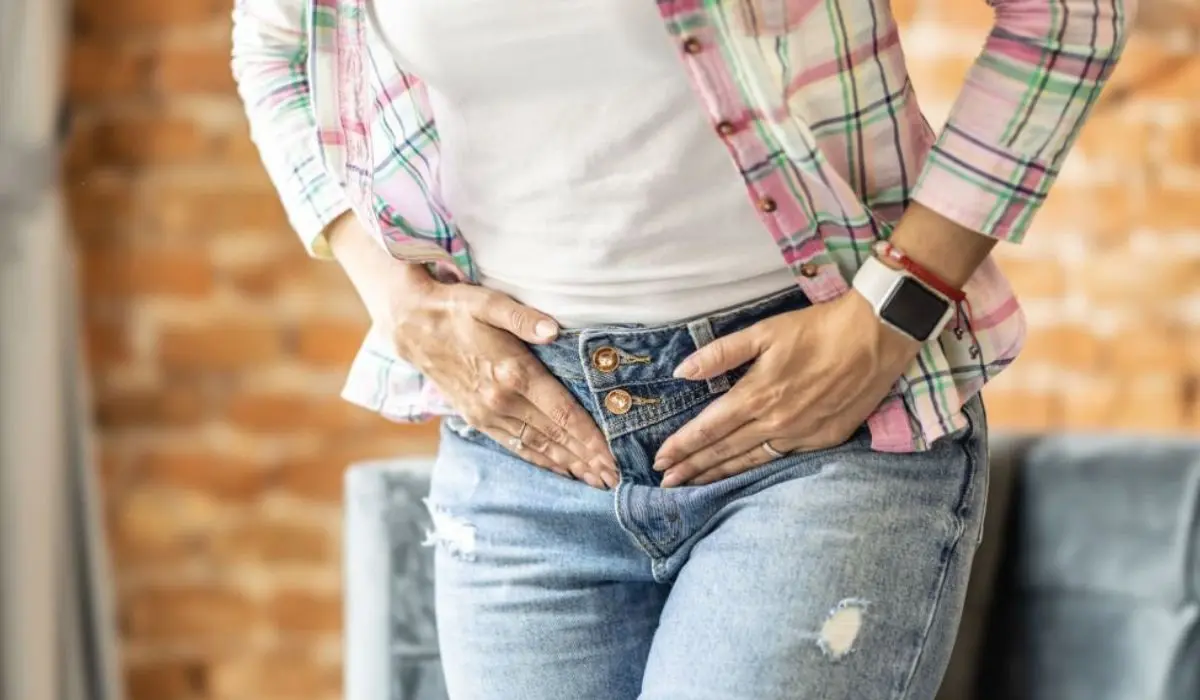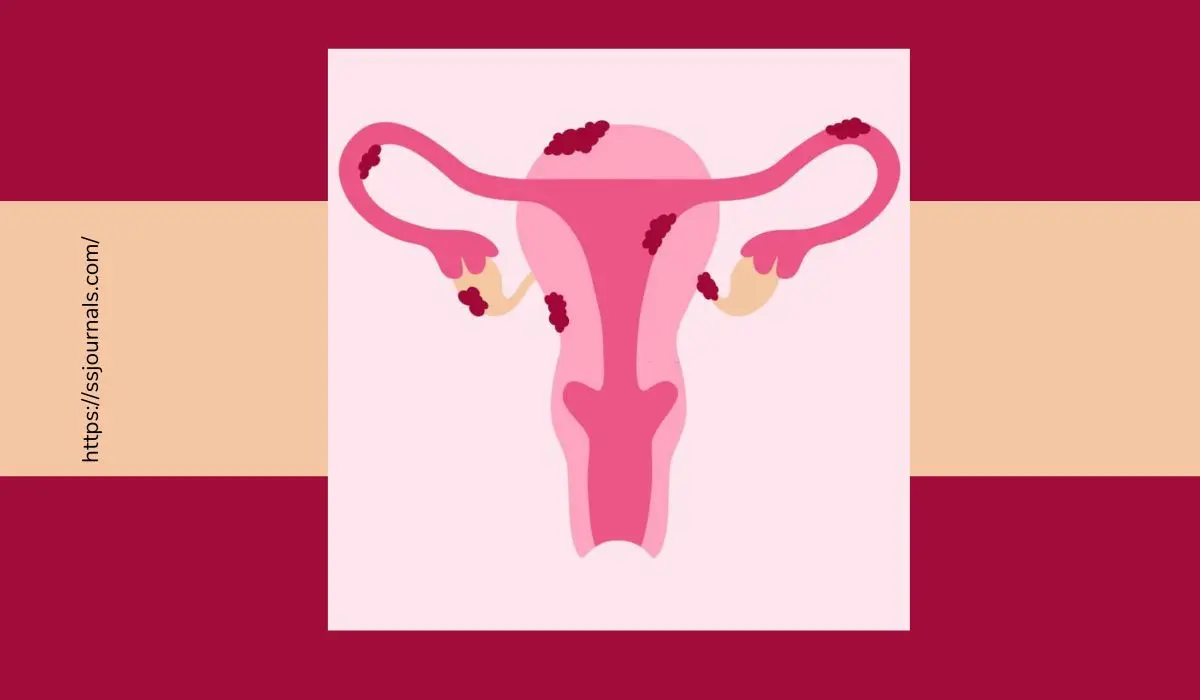Endometriosis is a painful disorder in which tissue that normally lines the uterus grows outside of it, often affecting the ovaries and fallopian tubes. This can cause severe ovulation pain along with fertility problems. Understanding the link between endometriosis and ovulation pain can help guide proper treatment.
Endometriosis: What It Is And How It Can Affect Your Ovulation Pain?
Endometriosis occurs when uterine endometrial tissue implants elsewhere like the ovaries and pelvis. This tissue thickens and breaks down each month with your cycle. As it sheds during ovulation, it can cause terrible cramping and ovulation discomfort.

The blood has nowhere to escape, causing inflammation, scar tissue, and cysts called endometriomas. This fluid and tissue buildup contributes to sometimes excruciating ovulation and menstrual pain.
The Link Between Endometriosis And Ovulation Pain
There are a few key reasons endometriosis causes such severe ovulation pain:
– Shedding endometrial tissue during ovulation causes internal bleeding, inflammation, and nerve pain.
– Cysts and scar tissue compress ovaries and nerves, worsening ovulation cramping.
– Chemicals released by endometrial lesions during ovulation spark intense cramping.
– Inflammation makes normal ovulation discomfort far more pronounced and painful.
– Ovulation itself prompts prostaglandin release, compounding inflammation and cramping.
For those with endometriosis, ovulation is often the most painful phase, even exceeding menstrual cramps.
Related: Treatment For High Estrogen In Females – Rebalance Hormones
How Endometriosis Can Impact Your Fertility?
Endometriosis can negatively impact fertility in several ways:
– Inflammation damages the ovaries and fallopian tubes where conception occurs
– Scarring distorts pelvic anatomy, obstructing egg or sperm transport
– Endometrial lesions alter hormone levels needed for ovulation
– Painful sex avoids intercourse during the fertility window
– Retrograde menstruation pushes eggs out of fallopian tubes
– Impacted immune response hinders implantation
– Cysts block follicle maturation and egg release
Treating endometriosis early improves fertility odds before permanent damage occurs.
The Treatments Available For Endometriosis
Treatment focuses on minimizing inflammation and regulating hormones:
– NSAIDs, heating pads, rest and OTC pain relief for symptoms
– Hormonal contraceptives regulate estrogen to suppress endometrial tissue growth
– Gonadotropin-releasing (GnRH) agonists block estrogen production from ovaries
– Surgery removes lesions and cysts but may not prevent recurrence
– IVF can enable pregnancy despite reduced fertility
Lifestyle adjustments like stress and inflammation reduction also help.
The Role Of Diet And Lifestyle In Managing Endometriosis
Optimizing diet and habits provides complementary relief by decreasing inflammation, hormone fluctuations, and pain sensitivity:
➔ Anti-inflammatory foods like omega-3s from fatty fish, leafy greens, berries, turmeric
➔ Eliminating gluten, alcohol, caffeine and dairy which can promote inflammation
➔ Getting regular exercise to lower estrogen levels
➔ Maintaining a healthy body fat percentage
➔ Practicing healthy stress relief such as yoga, mindfulness, therapy
➔ Pelvic floor therapy to relax tightened muscles contributing to cramps
➔ Estrogen-modulating supplements like calcium, magnesium, vitamin E
Conclusion
Endometriosis can significantly worsen ovulation pain and cramping due to internal bleeding, inflammation and scarring. It also hampers fertility. Combining medications, surgery, and lifestyle adjustments provides the best odds of managing symptoms and preserving fertility. Work closely with your gynecologist to develop an optimal treatment plan.
FAQs
Yes, most patients report their menstrual cramps intensify considerably with endometriosis.
Some supplements that may help include omega-3s, turmeric, vitamin D, magnesium, and anti-inflammatory herbal blends.
Yes, though scarred ovaries may ovulate abnormally. Tracking cycles helps time intercourse on fertile days.
It can cause lower back pain as lesions irritate the sacral nerves and from severe uterine cramping.
Yes, those with mild disease not obstructing reproductive organs often can conceive without intervention.
Also Check: What Is The Role Of Estrogen And Progesterone In Menstrual Cycle?

